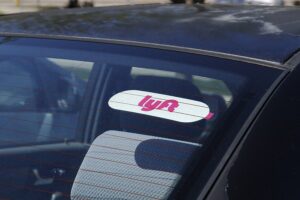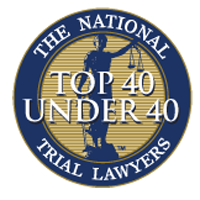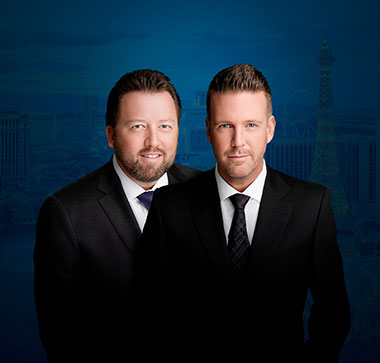Evidence of Traffic Citations Not Admissible In Court

Medical Malpractice Laws Allow for Actual Medical Expenses Paid vs. What Was Billed
McCrosky v. Carson Tahoe Reg ’l Med. Ctr., 133 Nev. Adv. Op. 115 (Dec. 28, 2017). Vicarious liability against employer may stand even if one settles with a doctor as such damages are several. In McCrosky, the Court reasoned that collateral source rule applies to medical malpractice cases, and thus prevents evidence of actual paid medical expenses (Medicare or health insurance), but eliminates the Plaintiff victim from recovering actual billed amounts. Thus, in practice most judges will allow the full bill to be presented to the jury and then the judgment is reduced such that the amount of the actual paid expenses are awarded. The theory here is to prevent overpayment of medical expenses similar to California law, but allow the full presentation of the bills such that a jury can consider such for pain and suffering awards.
Worker’s Compensation Liens Can’t Include Reimbursement for Pain & Suffering

Nevada Law Changes Government Liability Cap from $150,000 to $200,000
Effective July 1, 2022, those suing the State of Nevada or its subsidiaries have increased coverage up to $50,000. The origins of the law, emanating from the “King could do no harm” old English law, protects the coffers of Nevada from major lawsuits and judgments. In the context of personal injury, car accidents involving police, fire and county officials are all capped at a maximum of $200,000. This also protects doctors and nurses from medical malpractice who may work at UMC, UNR or UNLV’s medical facilities. Nevada continues to raise the recovery for claims against the State of Nevada and its associated entities. This would include accident cases against the police, fire departments, State run Hospitals (UMC, UNR, and UNLV), the Department of transportation, the Department of corrections, all Counties and municipalities under the umbrella of governmental protection in the State of Nevada. Effective July 1, 2022, Nevada raised the cap from $150,000 to $200,000 for such cases. Thus, victims of accidents are limited in their recovery even in the event of death. The only way around such cap is if a claim can be made under a USC section 1983 Federal Civil Rights Violation that may preempt State Law circumventing the State Cap. Such a case however, must fit the criteria for a 1983 claim-Deprivation of Constitutional rights which would most likely fall under an unreasonable use of force in the context of policing, or officers acting under color of law.
Arizona Follows Nevada Lead in Changing Policy Limits for Automobile Accidents to $25,000 Minimum Limits Per Accident, $50,000 Per Occurance. See Ariz. Rev. Stat.
Ann. § 28-4009. Effective July 1, 2020, Arizona will raise its minimum insurance limits to $25,000, up from $15,000. Nevada raised their limits in July 2018.
Nevada District Court Rules Lyft Arbitration Agreement Unenforceable, and Right to Jury Trial is Allowed

Landlords are Immune from Liability Regarding Tenant’s Ownership of Biting Dogs

Garden Variety Emotional Distress Does Not Allow Defense Attorneys to Dig Deeper Into Previous Psychological Medical Records In Course of Litigation According to Nevada Federal Court.
One must affirmatively place them at issue by making a claim damages for psychological injury. (See Roberts v Clark County School District D. Nev 2016.) A party who simply makes a case for damages that may involve emotional distress without actually claiming their mental state was severely impacted from the accident prevents the at fault party from inquiring into the history of the victim as the Court viewed it as an unnecessary fishing expedition and outside the scope of the investigation.
Attorneys Have Rights to Attend Defense Medical Examinations Under NRCP Rule 35

626 S 10th St
Las Vegas, NV 89101
(702) 382-9797

